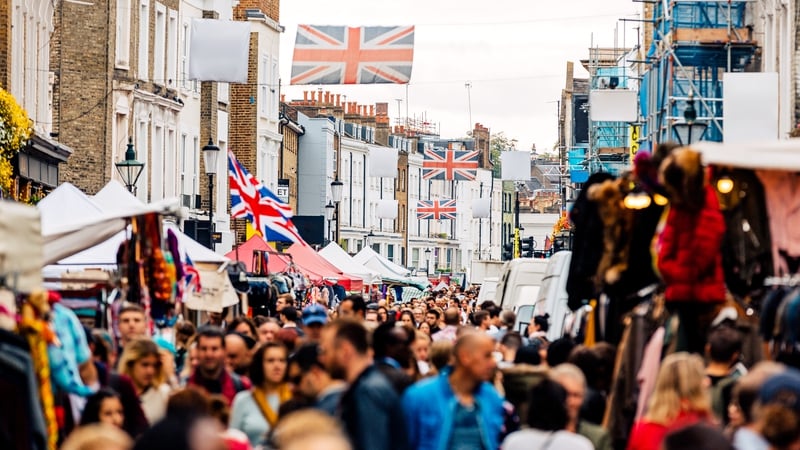A month of relentless rain across the country led to a significant drop in British consumer spending in April.
Shoppers cut back on purchases, especially for clothes and big-ticket items, resulting in a 2.3% decline in retail sales compared to March, which was worse than the anticipated 0.4% drop.
Sales in furniture, clothing, sports equipment, and toys saw the largest decreases. Non-food store sales fell by 4.1%, marking one of the steepest declines since January 2021.
Retailers attributed this slump to poor foot traffic due to the weather, high living costs despite a lower inflation rate of 2.3%, and elevated fuel prices.

Petrol sales plummeted at their fastest rate since October 2021, and food store sales decreased for the third consecutive month. However, there were a few positive signs: online sales increased by 1.1%, and department store sales saw a modest 0.4% rise.
Danni Hewson from AJ Bell noted that people have become cautious with their spending due to recent financial strains. She also pointed out that Easter’s early timing led to an overestimation of the previous month’s sales, and March’s figures were revised downward.
Despite these challenging figures, analysts at Capital Economics, including UK economist Ashley Webb, believe the downturn in April was likely temporary.
They anticipate a potential 3% rebound in retail sales for May, as consumer confidence improves. GfK’s consumer confidence index rose by two points in May to -17, its highest level since December 2021.
However, Ebury’s Phil Monkhouse warned that even with better weather, consumer spending might remain cautious due to uncertainties around policies and interest rates, especially with the recent election announcement.

